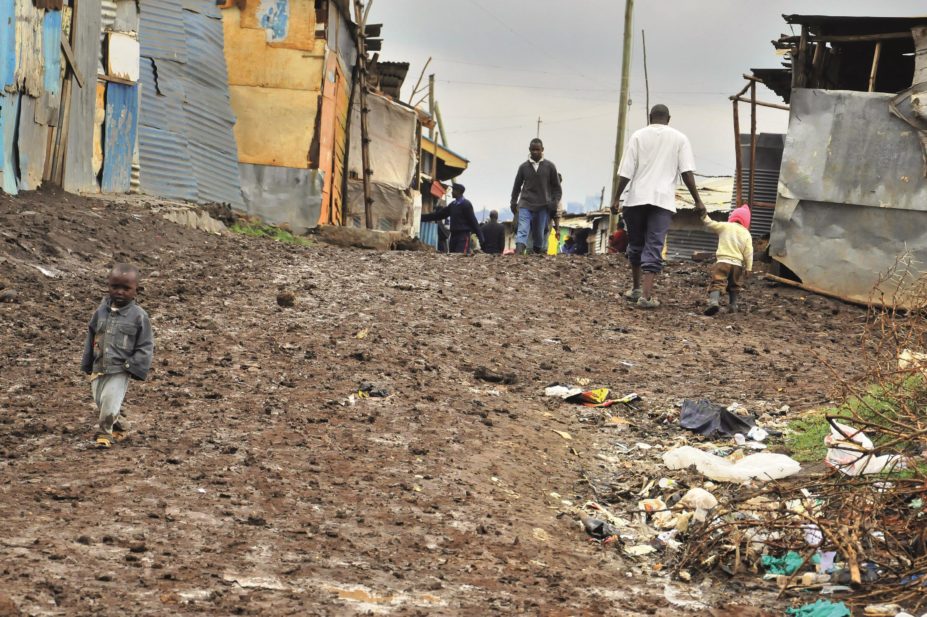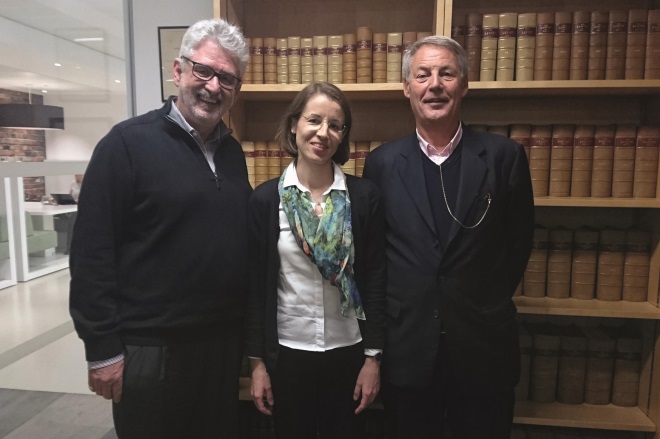
Shutterstock
It would cost between US$1 and US$2 per person per month to ensure those living in low-to-middle income countries have access to the World Health Organization’s (WHO) list of 201 essential medicines, according to a landmark report, which for the first time puts a price on the global cost of providing this basket of core drugs.
However, the ‘Essential medicines for universal health coverage’ report, which was launched by
The Lancet Commission on Essential Medicines, points out that one in five countries across the world still spends less on medicines than this target amount.
The report says that although the total estimated global spend on medicines will be US$1.2 trillion in 2017, the average total spend on all medicines in low-to-middle income countries equates to just US$8.6 per person per year – illustrating the need for “urgent” additional funding if universal access to these core medicines is to be achieved.
The commission based its cost calculation on the price of 378 essential products — or 210 medicines — including morphine, antimalarial drugs, HIV drugs, contraceptives and vaccines.
During a teleconference briefing ahead of the report’s launch on 8 November 2016, co-author Andy Gray, a senior lecturer in the division of pharmacology at the University of KwaZulu-Natal in Durban, South Africa, said that it was up to individual governments and national health systems to ensure that adequate funding is available to guarantee access to essential medicines for everyone. If that does not happen, Gray argued that there would be a need for the international community to step in and pick up the bill as part of its human rights obligations.

Source: Andy Gray
The Lancet Commission, which for the first time puts a price on the global cost of providing essential medicines, was co-chaired by Andy Gray, Veronika Wirtz and Hans Hogerzeil (from left to right)
“Countries around the world, regardless of income level, face enormous challenges ensuring equitable access to affordable, quality-assured essential medicines,” said Gray.
Guaranteed quality is key if the public health benefits of such access are to materialise and if the United Nations’ sustainable development goal to achieve universal health coverage by 2030 is achieved, according to the commission.
Also speaking during the teleconference, Hans Hogerzeil, professor of global health at the University of Groningen in the Netherlands, said fake medicines were still emerging across the world. For example, 28% of antimalarial drugs in six African countries have been found to be “sub-standard”, while 11% of drugs to treat tuberculosis in the former Russian republics have failed to meet quality standards, he said.
Hogerzeil suggested that drug regulators should collaborate more to police the quality of medicines. “The regulatory agencies in countries [affected by the emergence of fake medicines] shouldn’t try to do everything themselves,” he said.
He also highlighted variation in the performance of individual regulatory agencies across countries. The Lancet commission has recommended that drug regulators should be individually assessed according to proposed performance indicators.
Hogerzeil also drew attention to the research and development agendas of drug manufacturers — another barrier to achieving universal access to essential medicines. “Some existing essential medicines are now being abandoned [by drug manufacturers] because they are… not big money earners,” he said. “They are disappearing from the market because they are not seen as profitable. That is a real problem.”
He added that it has been a “public policy failure” to allow the market to influence drug manufacturer’s research and development programmes.
“The system needs overall change — it needs public policy,” he said.
The Lancet Commission on Essential Medicines is made up of 21 international experts from organisations with an interest in universal access to essential medicines, including the WHO and national schools of public health. It was established by The Lancet in November 2014 to take stock of global essential medicine policies and an individual’s right to health and the role it had in achieving universal health coverage.
The commission’s focus was on the ongoing relevance, and the need for comprehensive essential medicines policies to achieve broader global health and sustainable development goals and to put forward recommendations to meet global essential medicine policies for the next two decades.

